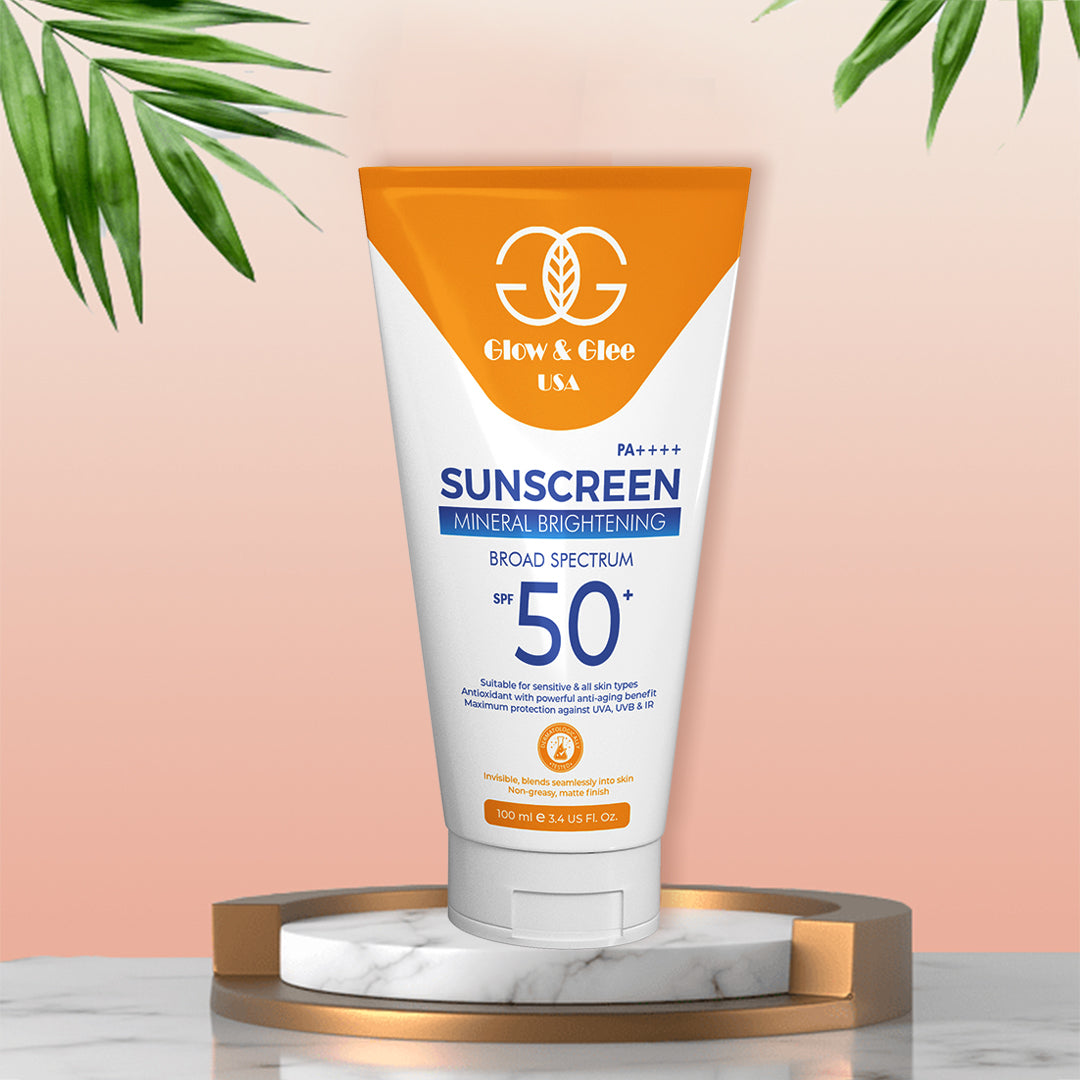
Have you ever wondered why sunscreen is essential for your skin health? How do you choose the right sunscreen, especially with SPF 50, to suit your skin tone? Sunscreen is one of the most important products in your skincare routine, protecting you from harmful UV rays that can damage your skin.
Understanding how sunscreen with SPF 50 works and selecting the best option for your needs can help keep your skin healthy and radiant. SPF 50 offers a high level of protection, blocking up to 98% of UVB rays. Whether you have fair, medium, or dark skin, incorporating sunscreen into your daily routine is a must for preventing sunburn, premature aging, and even skin cancer.
Why SPF 50 Matters
SPF means “sun protection factor.” It estimates how sunscreen shields your skin from UVB rays, the kind of ultraviolet rays that induce sunburn. SPF 50 means your skin can be exposed to the sun 50 times longer than without protection before it burns.
For those with sensitive or fair skin, SPF 50 is an excellent choice. It provides extra protection against intense sun exposure. Even for darker skin tones, SPF 50 helps prevent hyperpigmentation, sun damage, and long-term health risks.
Choosing Sunscreen for Fair Skin
Fair skin is more prone to sunburn and UV damage. People with fair skin often need high-SPF sunscreens to protect against harmful rays. SPF 50 is particularly beneficial for minimizing the risk of redness and peeling.
Seek a broad-spectrum sunscreen, indicating it safeguards against both UVA and UVB rays. Lightweight formulas with hydrating ingredients are ideal for fair skin, as they prevent dryness. Mineral-based sunscreens with zinc oxide or titanium dioxide are gentle and effective for sensitive skin types.
Sunscreen for Medium Skin Tones
Medium skin tones have more melanin, which provides some natural protection from the sun. However, this does not indicate they are resistant to harm. SPF 50 helps shield medium skin tones from premature aging and discoloration caused by sun exposure.
Opt for sunscreens with a non-greasy finish to avoid a shiny appearance. Tinted sunscreens can blend seamlessly with medium skin tones, protecting without a white cast. Remember to apply sunscreen generously, especially on areas like the nose, cheeks, and forehead.
Protecting Darker Skin Tones with SPF 50
Darker skin tones have higher melanin levels, which can reduce the risk of sunburn. However, UV rays can still cause damage, including hyperpigmentation and an increased risk of skin cancer. SPF 50 provides excellent protection for dark skin tones.
Choose sunscreens with formulations that do not leave a white residue. Gel-based or clear sunscreens work well for darker skin, ensuring even coverage without altering your natural complexion. Regular use helps maintain an even skin tone and prevents sun-related discoloration.
Physical vs. Chemical Sunscreens
Sunscreens are divided into two primary types: physical and chemical. Physical sunscreens, or mineral sunscreens, possess active ingredients like zinc oxide and titanium dioxide. They rest on the skin’s surface and deflect UV rays.
Chemical sunscreens soak UV rays and transform them into heat, which is then discharged from the skin. Both types of sunscreen are effective, but physical sunscreens are often preferred for sensitive skin. Assess your skin type and choices when choosing between these alternatives.
The Importance of Reapplication
Applying sunscreen once does not provide all-day protection; reapplication is key, especially during sweating, swimming, or extended outdoor activities. SPF 50 sunscreen should be reapplied every two hours for optimal effectiveness. Keeping travel-sized or spray sunscreen on hand makes reapplication easy and ensures continuous skin protection.
Sunscreen with SPF 50 is a powerful tool for protecting your skin from harmful UV rays. Regardless of your skin tone, it helps prevent sunburn, premature aging, and other sun-related damage. By incorporating sunscreen into your routine and staying informed, you can enjoy the benefits of healthy, glowing skin for years to come.